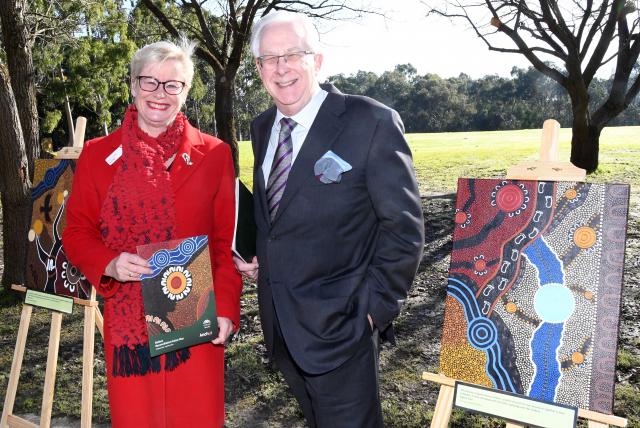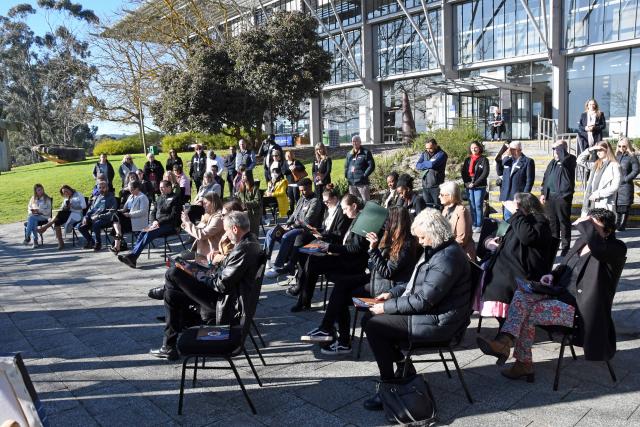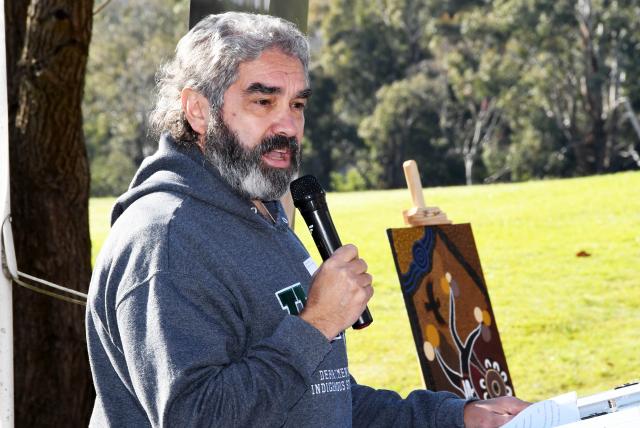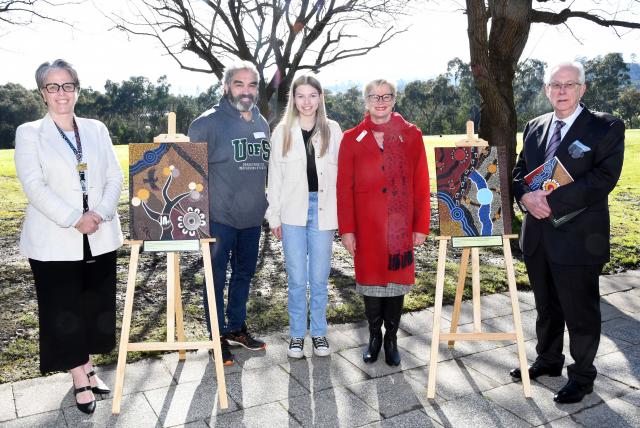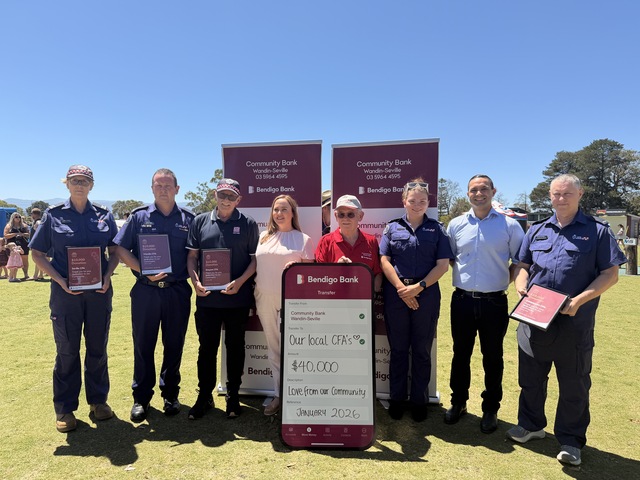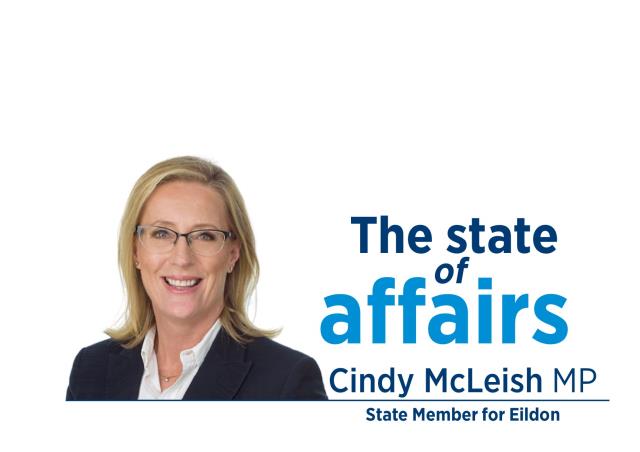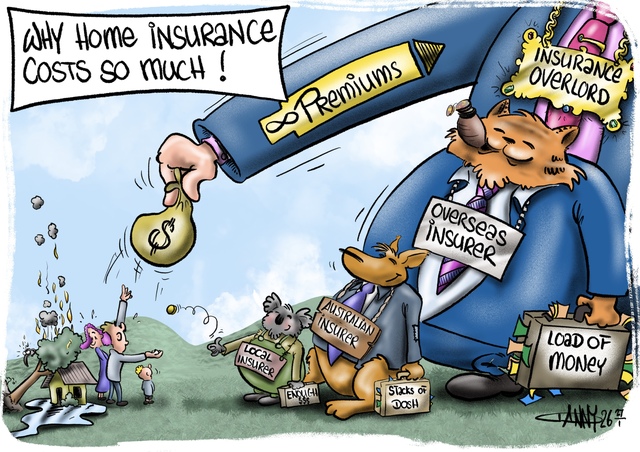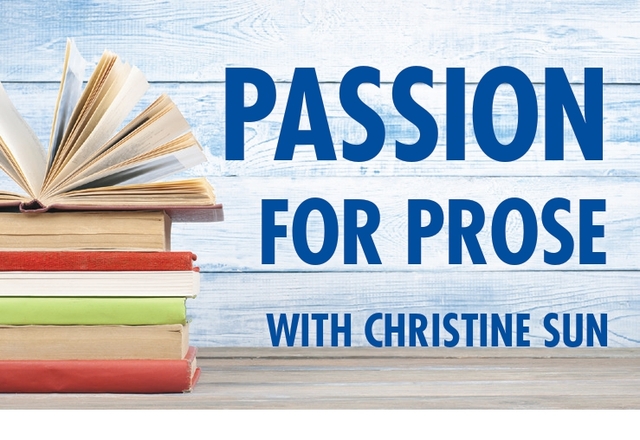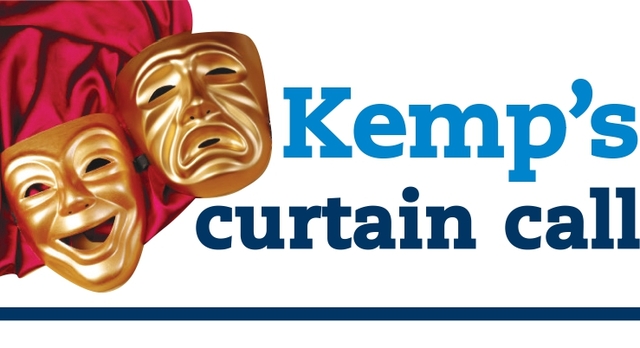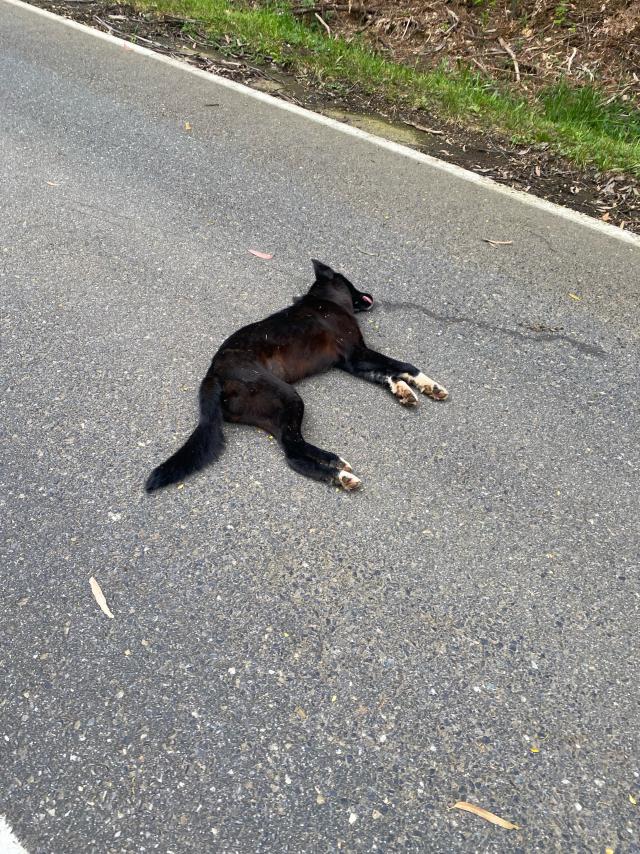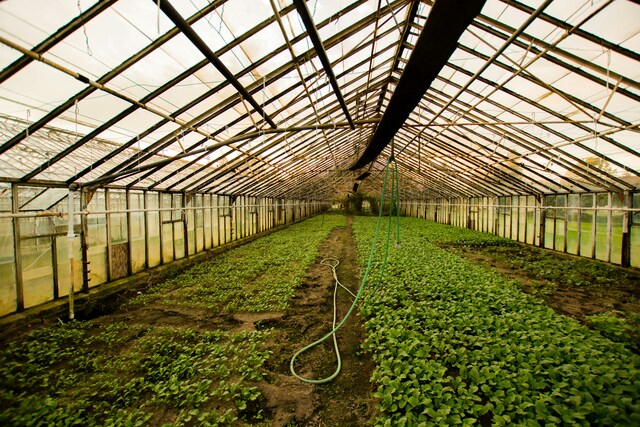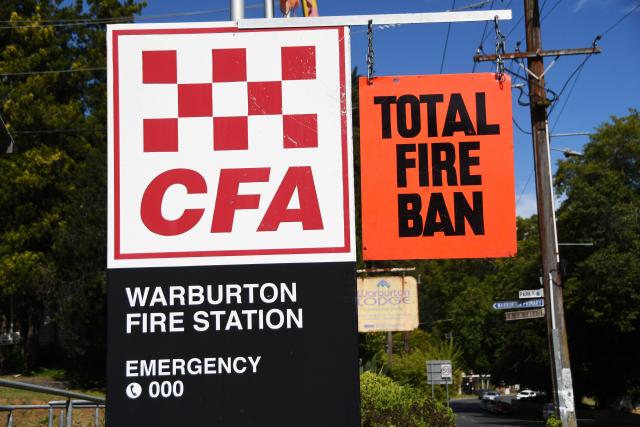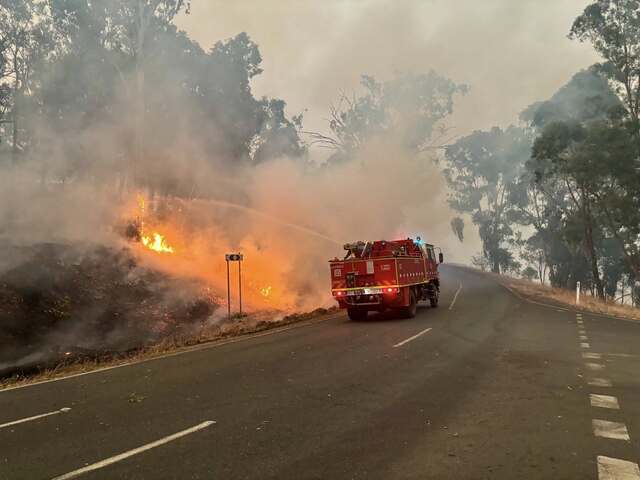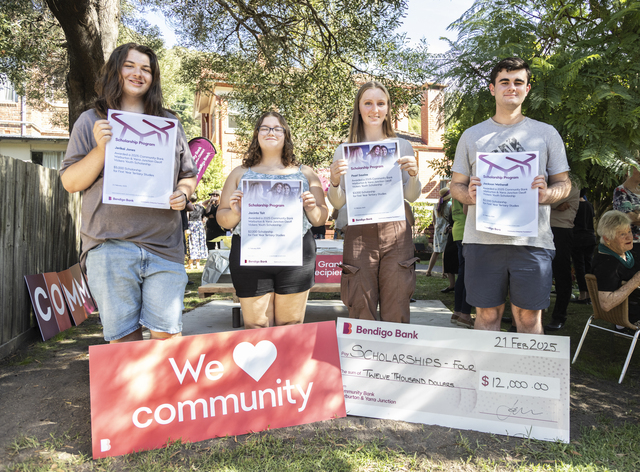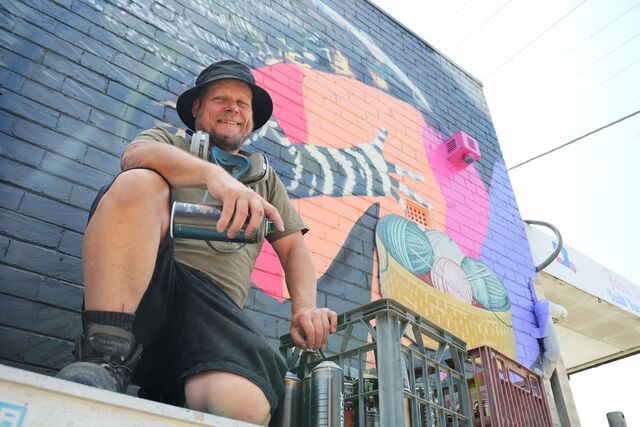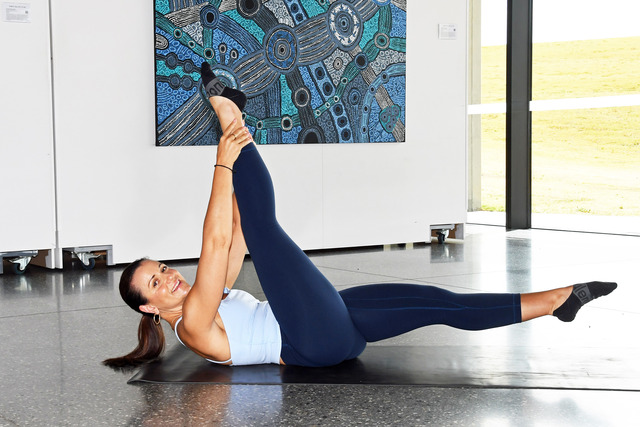Anchor has been assisting with homelessness and youth development in the Yarra Ranges and has now launched their Reconciliation Action Plan (RAP) as a first step in recognising the importance of embedding Aboriginal culture and acknowledgement into all aspects of its services.
The process began over three years ago when Anchor CEO Heidi Tucker and Partnership and Development Lead Lauren Gordon began exploring reconciliation and engaging a RAP committee.
Having just had the RAP document endorsed by Reconciliation Australia, Anchor staff, volunteers and members from various organisations came together to celebrate on Thursday 21 July.
“The significance for us really is that this is a public statement, this publicly commits us to reconciliation and publicly commits us to a range of actions and tasks and commitments,” Ms Tucker said.
Speaking at the event, Ms Tucker said Anchor realises and accepts it “was part of a service system for 45 years that did not adequately recognise the harm caused to Aboriginal and Torres Strait Islander people by government and community sector policies.”
Actively wanting to be an organisation that begins changing this perception and environment, Ms Tucker said the RAP was just the beginning.
“We recognise that many Aboriginal and Torres Strait Islander people continue to live with disadvantage and we must contribute to closing the gap, supporting them to change their future,” she said.
“Our REFLECT RAP directs and supports our journey to reconciliation with Aboriginal and Torres Strait Islander people and will ensure that we develop all parts of the organisation to become culturally safe for people who need our services.”
Moving forward, Ms Tucker said the RAP will inform day-to-day actions of Anchor staff and she hopes it will encourage staff to deeply engage in Aboriginal culture, be curious and ask questions.
From making sure the Aboriginal flag is displayed next to the Australian flag at events to understanding the long-lasting effects of government policy on First Nations people and being flexible in the delivery of services, Ms Tucker said are all important elements of the RAP.
For RAP Committee member Dr Andrew Peters, a Yarra Yarra and Woi Wurrung man, working towards reconciliation is about connection of all people to Country, telling stories and changing what has been known in the past.
“When Aboriginal people speak we like to tell our stories. Our story is who we are and our story connects us to where we are and who we are as well. It helps us get our message across. It helps us teach our young people,” he said.
“A lot of Australians tend to see Aboriginal culture as separate from them and my view is it’s not because it comes from the land and we all live on this land.
“So it should be part of all of us, not just Aboriginal people, and it should be important to all of us for that reason.”
Dr Peters said for organisations like Anchor to understand that the current parameters and guidelines they work within can create problems for Aboriginal people is a great step in challenging the system and making change.
“In a lot of cases when non-Indigenous Australians come against hardship, money helps them.
“Money is not the answer for Aboriginal people. It’s a much more inclusive, all encompassing support system that they need.
“If we listen to Aboriginal people, they’ll tell us what they need when they need it and so this RAP can help start that journey to listening more before we react.”
Making initial changes to how Anchor operates to ensure First Nations people can access that holistic service, Ms Tucker said may require adaptation from staff.
“[For] someone who’s homeless and they don’t feel comfortable coming into our office, that’s fine. We can go and see them if that’s where they feel safe,” she said.
“We expect a lot from Aboriginal people coming forward to us, coming towards us and actually, we need to take the steps towards them.”
As more organisations take the step towards creating their own reconciliation plans, Dr Peters said the more people connect and break down the barriers between ‘us’ and ‘them’.
“We can only become a better country when we do connect with our Aboriginal history, not just mine, not just Aboriginal people everywhere but all Australians because it’s the land we all live on.
“We all live on Aboriginal land, we can connect to it. We can connect with that history. We can learn the language, we can integrate that into the way we live our lives and the way we work every day. We can treat each other with respect, caring and sharing.
“Hopefully this…allows the pride in Aboriginal culture to become so ingrained in Australian society that we don’t need things like Reconciliation Action Plans anymore because we all just accept it as part of life.”

